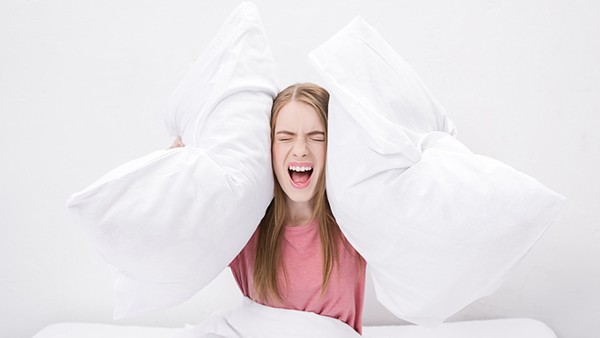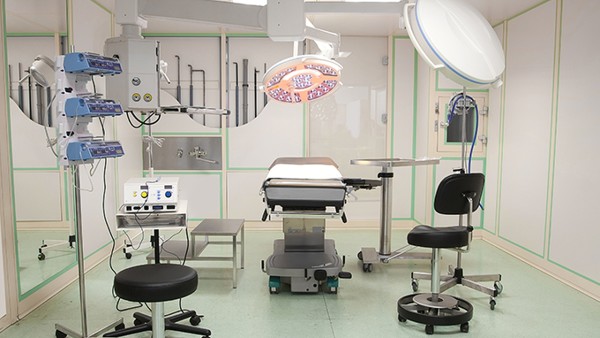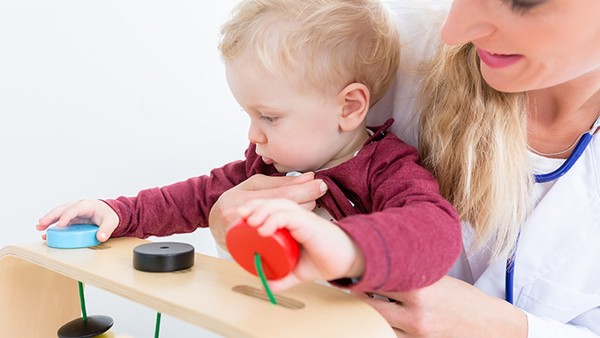Poor sleep during confinement and high risk of postpartum depression

Introduction
Postpartum depression (PPD) is a serious mental health condition that can affect women after giving birth. Symptoms of PPD can include feelings of sadness, anxiety, and hopelessness, as well as changes in sleep, appetite, and energy levels. PPD can be debilitating and can have a significant impact on a woman's ability to bond with her baby and care for herself and her family.
Sleep is essential for overall health and well-being. During pregnancy, women often experience changes in their sleep patterns, such as difficulty falling asleep, staying asleep, or waking up feeling tired. These sleep problems can continue after delivery and can contribute to the development of PPD.
How sleep problems can lead to PPD
There are several ways in which sleep problems can lead to PPD. First, sleep deprivation can disrupt the body's natural production of hormones, such as estrogen and progesterone. These hormones are essential for maintaining mood and emotional balance. When sleep is disrupted, the levels of these hormones can fluctuate, which can lead to mood swings and irritability.
Second, sleep deprivation can impair cognitive function. This can make it difficult for women to cope with the challenges of new motherhood, such as caring for a newborn, adjusting to a new routine, and dealing with hormonal changes. When women are sleep-deprived, they may be more likely to experience negative thoughts and feelings, which can contribute to PPD.
Third, sleep deprivation can increase inflammation. Inflammation is a natural response to injury or infection, but it can also be a risk factor for depression. When women are sleep-deprived, their levels of inflammatory markers can increase, which can contribute to the development of PPD.
Symptoms of PPD
The symptoms of PPD can vary from woman to woman. Some of the most common symptoms include:
Feelings of sadness, anxiety, or hopelessness
Changes in sleep patterns, such as difficulty falling asleep, staying asleep, or waking up feeling tired
Changes in appetite, such as eating more or less than usual
Changes in energy levels, such as feeling fatigued or having less energy than usual
Difficulty concentrating or making decisions
Feelings of guilt, shame, or worthlessness
Thoughts of harming oneself or the baby
Risk factors for PPD
There are a number of factors that can increase a woman's risk of developing PPD, including:
A history of depression or anxiety
Having a difficult or traumatic birth experience
Having a baby with health problems
Having a lack of support from family and friends
Sleep problems
Treatment for PPD
PPD is a treatable condition. Treatment options include:
Therapy: Therapy can help women understand the causes of their PPD and develop coping mechanisms.
Medication: Antidepressants can be used to treat the symptoms of PPD.
Lifestyle changes: Making healthy lifestyle changes, such as getting regular exercise, eating a healthy diet, and getting enough sleep, can help improve symptoms of PPD.
Preventing PPD
There are no surefire ways to prevent PPD, but there are a number of things women can do to reduce their risk, including:
Getting enough sleep: Aim for 7-8 hours of sleep per night.
Eating a healthy diet: Eat plenty of fruits, vegetables, and whole grains.
Exercising regularly: Exercise can help improve mood and reduce stress.
Seeking support from family and friends: Having a strong support system can help women cope with the challenges of new motherhood.
Talking to a doctor about PPD: If you are experiencing symptoms of PPD, it is important to talk to your doctor.
Conclusion
Poor sleep during confinement is a major risk factor for postpartum depression. Women who have difficulty sleeping after giving birth should be aware of the potential risks and take steps to improve their sleep habits. If you are experiencing symptoms of PPD, it is important to talk to your doctor.
The above is all the content that the editor wants to share with you. I sincerely hope that these contents can bring some help to your life and health, and I also wish that your life will be happier and happier.
Topic: #confinement #and #during- • How to confinement after caesarean section
- • Correct postpartum confinement method. These 4 points must be done during postpa
- • What to wear during confinement in the first month of the year
- • Do these things during confinement and things to pay attention to during postpar
- • Precautions for scientific confinement















